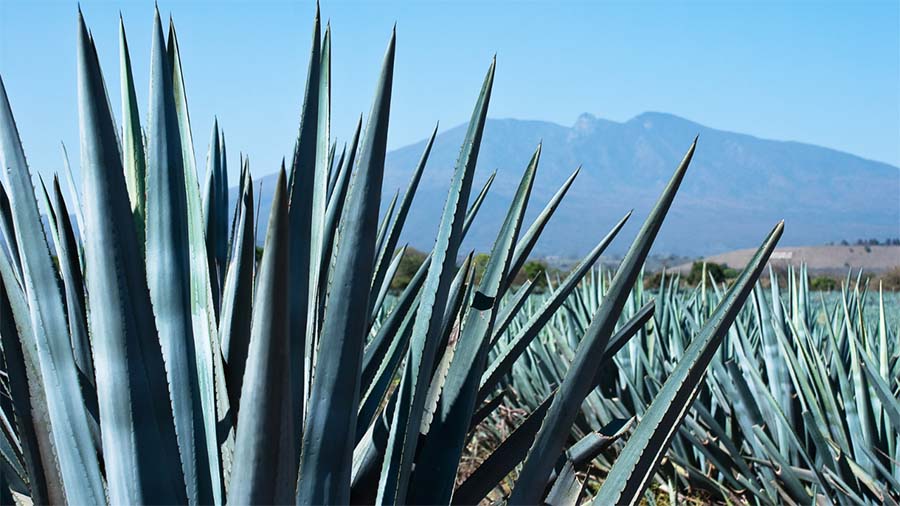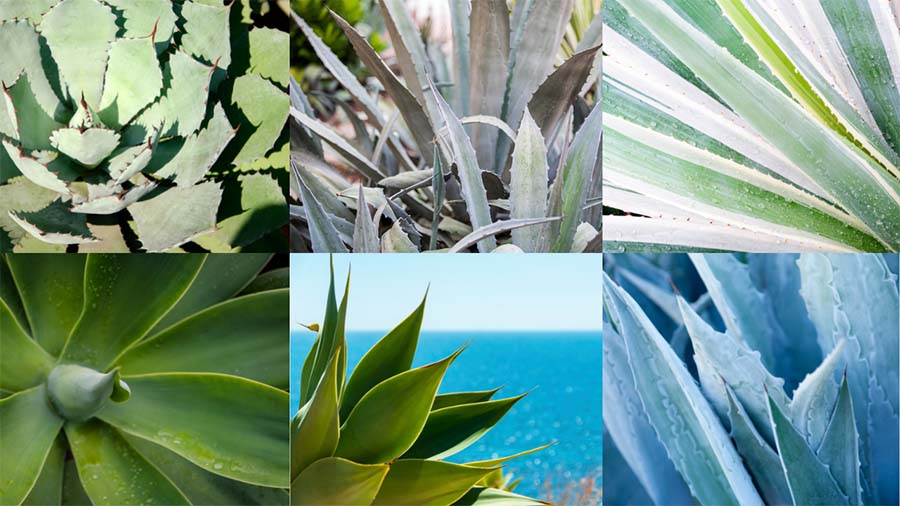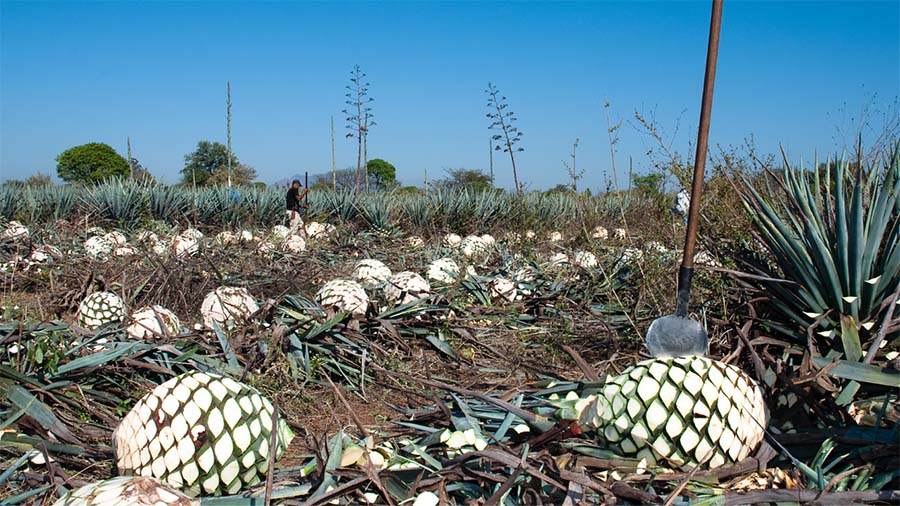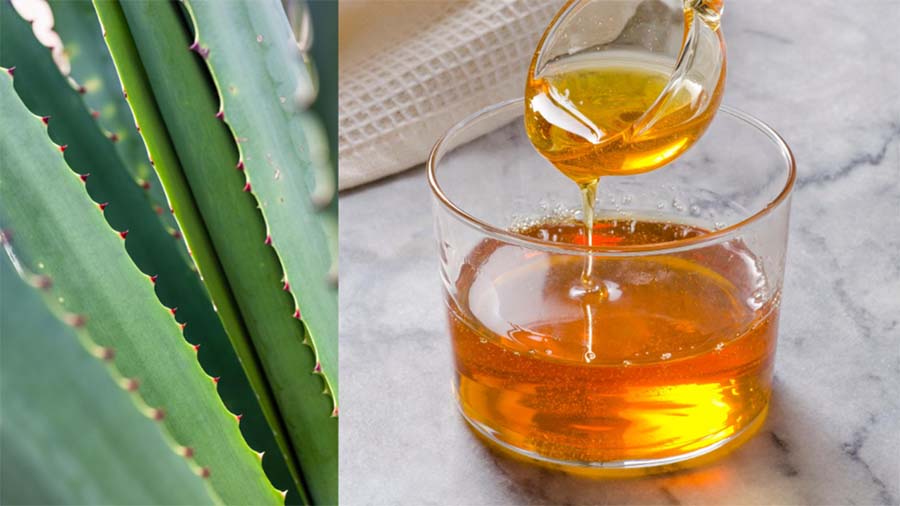5 Things You Didn’t Know About Blue Agave

5 Things You Didn't Know About Blue Agave
Native to Mexico and at the heart of many of the region’s cultural, economic, and historical values— blue agave is a beloved plant best known for its fermentation into tequila. But there’s much more than meets the eye when it comes to this 6,000-year-old variety. Here are some of our favorite facts about the blue agave plant.
Here are some of our favorite facts about the blue agave plant...
1. It has surprising health benefits...
100% pure blue agave tequila may have surprising health benefits* thanks to the agavin sugars found in the fruit. Agavin sugars are a good source of probiotics and insulin, and help boost the amount of healthy bacteria responsible for our immune system and gut health.
Plus, because of tequila’s distillation process, it is relatively low in calories (as long as you sip it neat or on the rocks without all the sugary mixers), and contains zero carbohydrates, making it a better choice than other cocktails or spirits. Since agavins act like dietary fibers, it is known to also help lower your blood sugar levels, make you feel full faster, eat less, stimulate the metabolism, and in turn, promote weight loss.
* Disclaimer: While 100% pure blue agave tequila may have surprising health benefits thanks to the agavin sugars found in the agave fruit plant, we do not encourage drinking or relying on tequila as a remedy to heal, ease or promote any medical or health condition. As with all alcohols, excessive drinking can have detrimental consequences to your long term health and physical and mental functioning.

2. It is ONLY grown to make tequila.
While there are over 200 varieties of agave, blue agave is cultivated, grown, and harvested specifically for the tequila industry. No other agave type is used in making tequila. When other agave varieties are used, the distilled spirit is labeled as mezcal, not tequila.
You might assume that all tequilas are made from 100% blue agave, but the spirit is legally required to be only 51% blue agave to be called tequila. For these mixto varieties, distillers ferment other sugars, such as cane sugar or high fructose corn syrup, resulting in a less expensive and lower quality tequila.
3. It's a one-use plant.
Blue agave is a one-time use plant. Agave plants can take seven to ten years to reach full maturity. Once they are ready to harvest, the piñas, or hearts, of the plant are removed to be fermented into tequila.
Indigenous to the mild climate of Jalisco, blue agave plants are not a cacti variety but rather a succulent. They are typically harvested by hand, and the piñas often weigh over 200 pounds!

Fun fact: Most other brands use only 7 kg of agave to create 1 liter of tequila but PaQuí uses 8 kg because our selective distillation process, which removes impurities from the heart of the distillate, produces a lower yield but a smoother, more delicious tequila without the harshness and bite. We also wait until the agaves have reached full maturity of 25-26 Brix which is surprisingly rare in the industry!
4. It was a sacred plant used in all manner of goods.
Agave was a sacred plant to Mexican indigenous people and is now used to produce all manner of goods. Linked with feasting and ritual ceremonies, the agave plant is considered a very important plant in the history, commerce, and culture of Mexico.
They still remain critical to Mexico to this day. Once harvested, every part of the agave plant can be used. The fibrous tissues of the leaves are used to weave nets, mats, ropes, sandals, and even paper, whereas the stem is rich in carbohydrates and is an important source of food for many people.
5. It contains less glucose than sugar.
Agave is a great natural sugar substitute. Agave contains less glucose than sugar, and often fewer calories and fats. Because of this, it does not cause a spike in insulin levels as sugar might.
Made of the sap of the agave heart, the agave is filtered and heated into a syrup that can be substituted into cooking recipes and used as a natural sweetener, topping, or candies.

Interested in learning more about Mexico’s diverse culture and heritage? Sign up for PaQuí’s newsletters for more!
